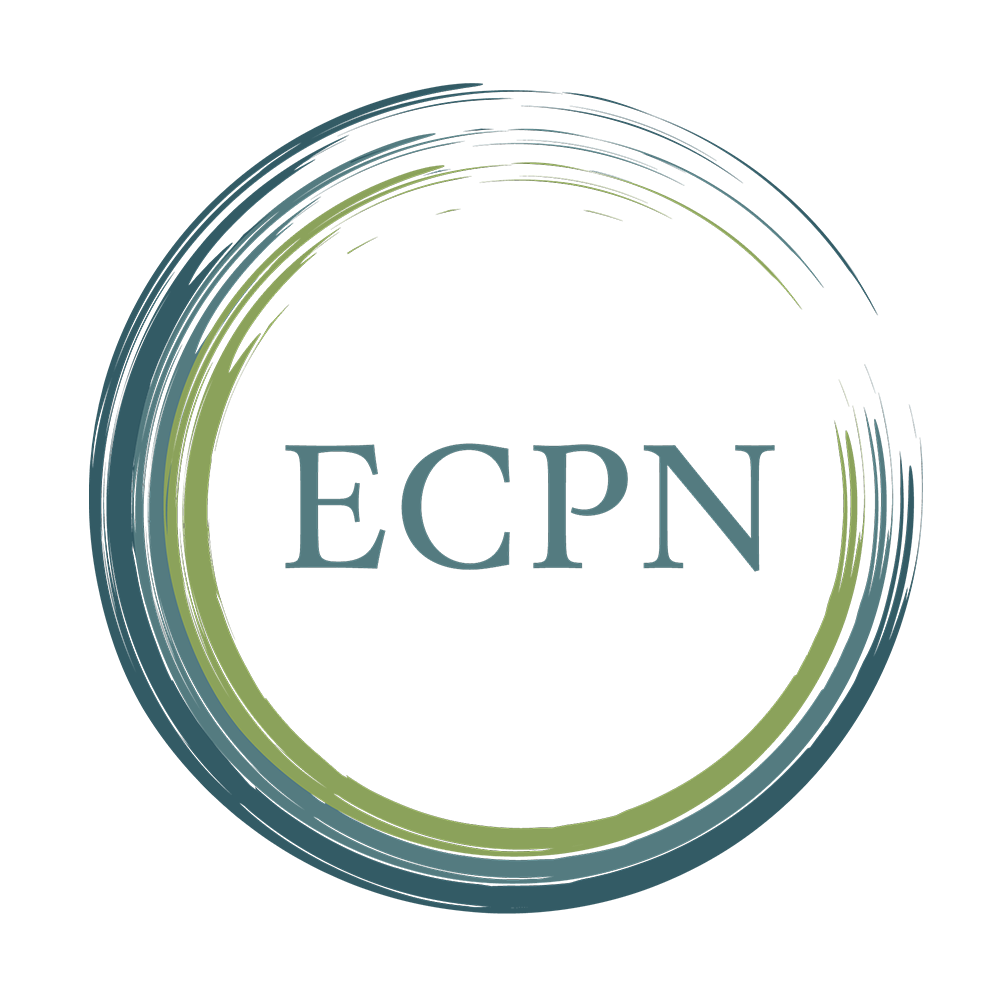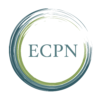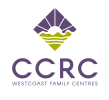The BC
Early Childhood
Pedagogy Network
ECPN Mandate:
In partnership with ECEBC and BCACCS, the BC Early Childhood Pedagogy Network (ECPN) is a public forum for the advancement of early childhood pedagogies through the delivery of a provincially funded dynamic professional development program for early childhood educators (ECEs) by establishing, coordinating and evaluating a network of pedagogists.
ECPN Vision:
To establish an accessible provincial network of pedagogists who support early childhood educators in BC as informed by the Multilateral Early Learning and Child Care Framework (2017), The Truth and Reconciliation Commission of Canada Reports and Calls to Action (2015), Indigenous Early Learning and Child Care Framework (2018), and the BC Early Learning Framework (2018).
About the ECPN:
The ECPN expands the pilot work of two MCFD-funded projects: the Investigating Quality (IQ) Project (2005-2011) developed by Drs. Veronica Pacini-Ketchabaw and Alan Pence at the University of Victoria, and the Community Early Years and Child Care Facilitators Pilot Project (2011-2018).
The ECPN will establish an accessible provincial network of pedagogists who work with early childhood educators in their early years setting and collaborate to organize and design pedagogical projects that meet their specific needs and local context.
The pedagogist is a professional role focused on leading early childhood educators’ pedagogical development. Pedagogists aim to foster democratic, experimental and socially just cultures of early learning and care aligned with the vision of the BC Early Learning Framework through dialogical processes, innovative pedagogies and courageous conversations.
The 3 Delivery Streams:
In Phase 1 of this expansion (December 2019 – June 2020) approximately 30 pedagogists will begin to work directly with educators in BC through three interconnected streams.
- The CCRR stream will position pedagogists within a CCRR program to work with educators in a hub of licensed ECE programs (including group- and home-based) in that CCRR program’s community.
- In the postsecondary institution stream, faculty pedagogists will provide pedagogical services to educators in a hub where educators also act as mentors to the training institutions’ student educators.
- The Indigenous stream, led by ECPN partner BC Aboriginal Child Care Society, will pilot pedagogists (or a First Nations equivalent term) working within First Nations early years programs both on and off reserve, as well as urban Indigenous early years programs.
These three streams are not separate systems but rather encompass different models of service delivery within one public system.
ECPN Discussion Rooms
-
active a day ago
-
active 3 days ago
-
active a week ago
-
active 7 weeks ago
-
active 2 months ago
-
active 3 months ago
-
1,158 members
-
89 members
-
70 members
-
42 members
-
22 members
-
created 3 weeks ago
-
created 6 weeks ago
-
created 4 months ago
-
created 4 months ago
-
created 4 months ago
-
created 2 years ago






